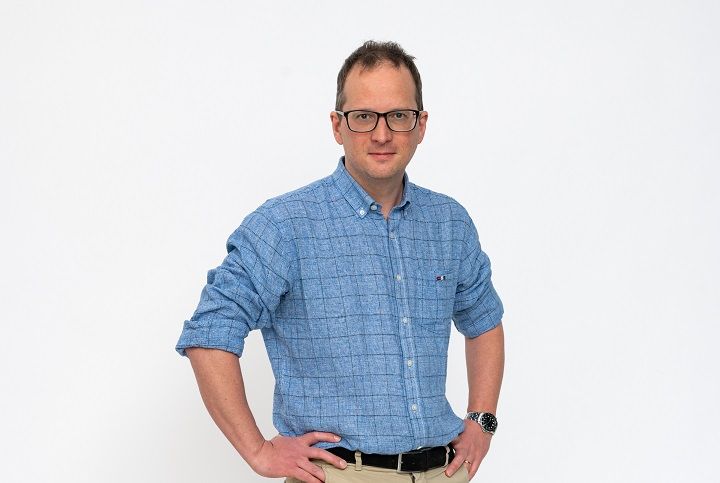Since the current government was formed in December 2022, Danish politics has been unusual.
The fact that the government has the majority in the Folketing – and pretty much can do as it wants to – is something that parties both to the left and to the right have to get used to.
But last week Danish politics was suddenly – at least for some parties – back to normal.
The fear of being soft
In 1995 right wing party Dansk Folkeparti was founded.
In the following years, the party spotlighted the failure of Denmark’s immigration policies and its integration of people from foreign countries.
In 2001, the Venstre and Konservative founded a government led by Prime Minister Anders Fogh Rasmussen with support from Dansk Folkeparti.
And ever since, it has been the standard in Danish politics that if you want to reach out for power, you must be tough on integration and immigration.
As a result, leading politicians have for years lived in fear of being seen as soft.
Back to normal
In my last editorial, I urged the government to come up with an ambitious plan to secure more international labour to Denmark.
We still don’t know much about the government’s plans, but last week Foreign Minister Lars Løkke Rasmussen shared a few of his thoughts about bringing African labour to Denmark.
One would think that even the government’s staunchest opponents would give the idea some critical thought before shooting it down, as it relates to one of the biggest challenges Denmark faces.
But no.
Dansk Folkeparti chairman Morten Messerschmidt was faster than Lucky Luke to point out that there are already many Danes – specifically seniors and more than 100,000 disabled people – trying in vain to enter the labour market.
No easy answers
But instead of just giving hardline answers to a complex challenge, it would be great if we could have an open debate on how to solve future problems.
Let me be clear:
Yes, Denmark for decades failed when it comes to integration.
Yes, it was necessary to tighten laws.
Yes, too many Danes are unemployed.
Yes, too many seniors are having a very hard time finding a job.
But even if we managed to get everyone on the labour market, we as a society still need more internationals in the future.
I myself look very much forward to hearing more about the government’s plans. I tend to be skeptical as well. Firstly, because we don’t know much about what’s on Løkke’s mind. Nor Prime Minister Mette Frederiksen’s.
Do they still fear being seen as soft?
That remains to be seen.
But let’s all agree that there are no easy answers to complex questions.
And instead of shooting ideas down, we should have a deeper conversation about how to evolve the Welfare State and help Danish companies get the candidates they desperately need.











